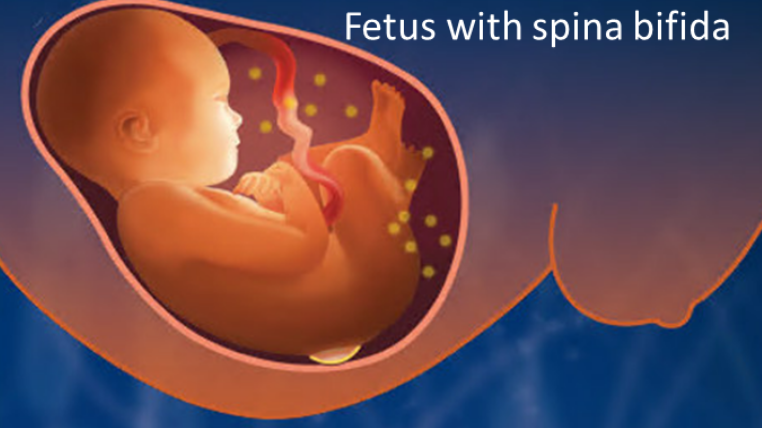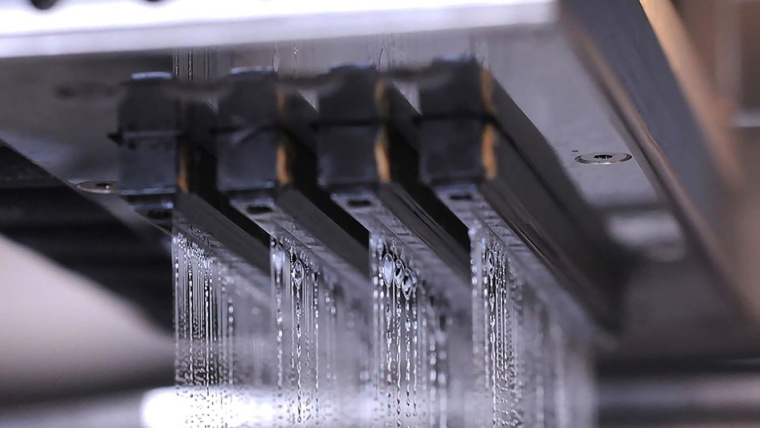Novel cartilage scaffolds for the in utero management of spina bifida
Channel: General ideas an needs in the field of additive manufacturing
Spina bifida is a congenital malformation characterized by incomplete closure of the neural tube during the first weeks of pregnancy. Affected patients suffer from serious lifelong neurological, cognitive, and orthopaedic abnormalities. Open maternal-fetal surgery has been identified as a promising alternative for the repair of spina bifida. Currently, muscle flaps and skin are used to close the defect. The lack of bone, however, remains for the rest of the individual’s life. The consequences of this suboptimal reconstruction remain during lifetime and include an increased risk for the spinal cord to suffer trauma as well as a high risk for clinically relevant spine pathologies. Therefore, the main goal of this project is to tissue-engineer cartilage grafts for future prenatal spina bifida repair in human fetuses. For the development of such a complex graft, we want to use sallea’s indirectly 3D printed scaffolds from biodegradable materials combined with stem cells isolated from human amniotic fluid.
So far, there is no product available on the market that would substitute the bony defect in spina bifida patients. Our unique approach, although very ambitious, will fill this gap and serve as an important step towards the clinical application of tissue engineered products in spina bifida surgery.





